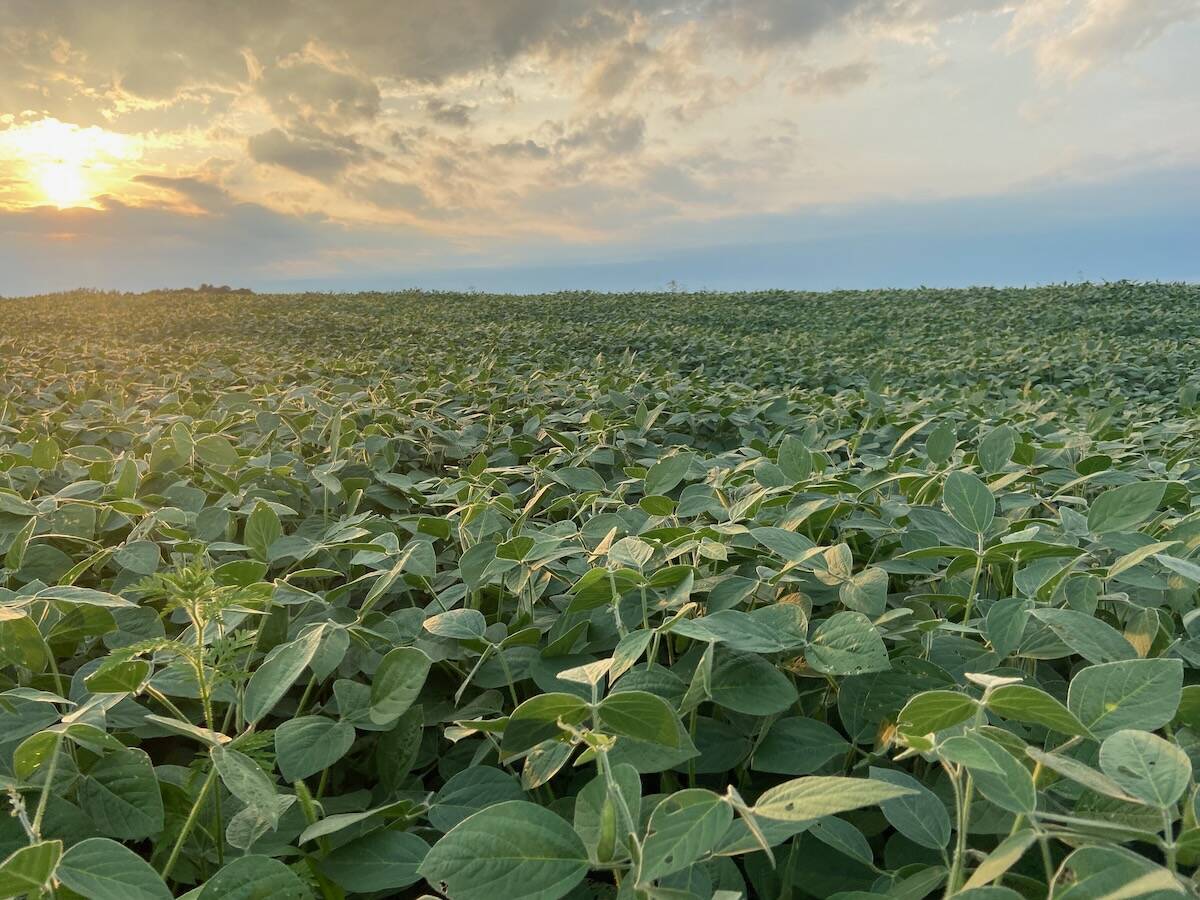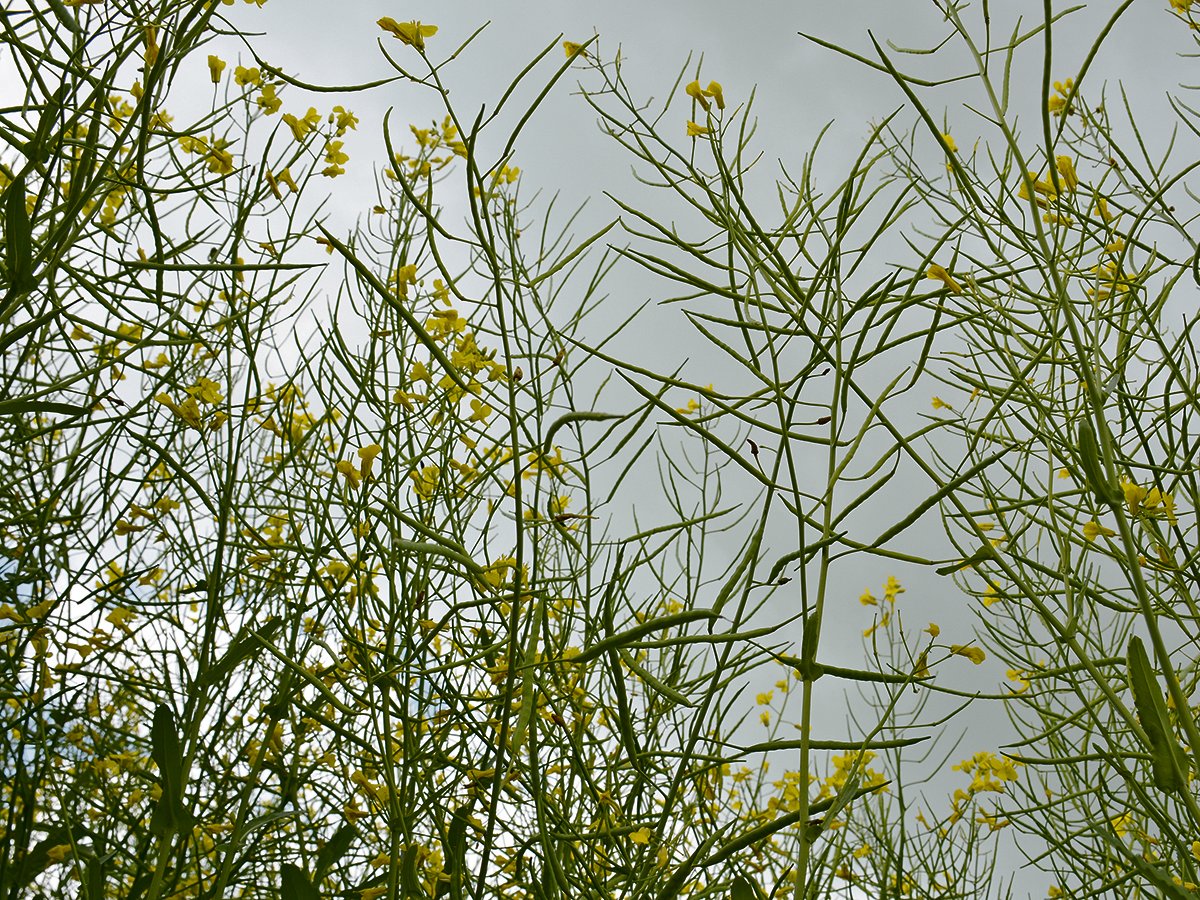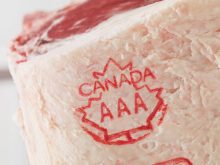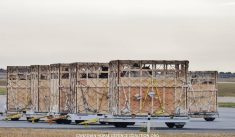Glacier FarmMedia — In 2023, Canada shipped $8.6 billion worth of canola products to the United States. The vast majority of that was canola oil and meal, which was valued at $8.3 billion.
However, those exports were disrupted in the first couple of weeks of January as canola crushers on the Prairies waited on the possibility of 25 percent tariffs on all products from Canada.
New bookings for purchase of canola meal and possibly canola oil were put on hold because American buyers were unwilling to order shipments for delivery in future months.
Read Also

Weed resistance closes in on glufosinate
Expanded soybean acres and tighter application windows have eroded buffers that have so far protected Liberty herbicide on Prairie farms
“Everyone is waiting to see what’s going to happen, before they start re-upping their (buying) programs,” said a canola industry leader.
Shipments of canola oil and canola meal to the U.S. will continue in January, February and further out because those sales have already been booked.
However, the “uncertainty” around tariffs put a pause on future sales,as bookings essentially came to a halt, another industry rep said.
“There will be a reasonable amount on the books ahead of time,” the rep said.
“But people have delayed trading because of the uncertainty.”
President Donald Trump has spoken many times about his plan to impose 25 per cent tariffs on Canada and Mexico because he believes most nations are taking advantage of America.
During his inauguration speech, Trump announced the creation of a new federal agency called the External Revenue Service
“We will tariff and tax foreign countries, to enrich our citizens.”
Tariffs or no tariffs, there is some evidence that the threat of tariffs is already harming Canadian farmers.
Kyle Larkin, Grain Growers of Canada executive director, said there are cases where grain prices have been discounted for Canadian farmers because of Trump’s rhetoric.
“There’s a grain farmer I know in Manitoba, it was a Quaker Oats program that was purchasing his oats at a premium over the market (price),” Larkin said.
“As soon as president Trump was elected and announced the (25 percent tariffs)… the company put on pause that program. That producer is no longer able to access that premium (price).”
As of Jan. 20, it’s unclear if Trump will make good on his tariff threat. If some sort of tariff is imposed, maybe lower than 25 percent, it will disrupt exports of ag products like canola meal.
If canola oil and meal buyers are wary of booking new shipments and that uncertainty continues through the winter of 2025, it could undermine the price for canola grown on the Prairies.
In 2023, Canada shipped $2 billion worth of canola meal to America, much of it to California’s dairy industry.
Buyers of canola meal would have to pay a tariff on imports and may choose to feed a different meal to dairy cows.
Such an outcome is possible, or canola meal prices would need to adjust, said a canola industry representative.
“Potentially … I’ll think you’ll find canola meal fairly sticky,” he said.
“It works too well in the dairy rations.… I could be wrong.”
















